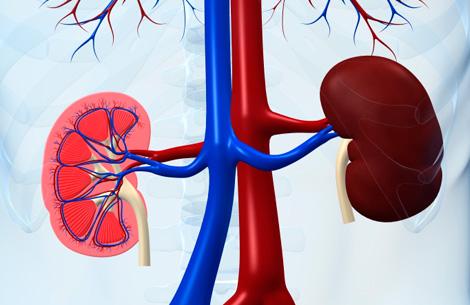


Learn how to avoid kidney disease and live longer to old age. A must read.

Your body removes unwanted fluid by filtering your blood through your kidneys. Here any extra fluid is sucked out and put into your bladder to be removed as urine.
To do this, your kidneys use osmosis to draw the extra water out of your blood. This process uses a delicate balance of sodium and potassium to pull the water across a wall of cells from the bloodstream into a collecting channel that leads to the bladder.
Eating salt raises the amount of sodium in your bloodstream and wrecks the delicate balance, reducing the ability of your kidneys to remove the water.
The result is a higher blood pressure due to the extra fluid and extra strain on the delicate blood vessels leading to the kidneys.
Over time, this extra strain can damage the kidneys - known as kidney disease. This reduces their ability to filter out unwanted and toxic waste products, which then start to build up in the body.
If kidney disease is left untreated and the blood pressure isn't lowered, the damage can lead to kidney failure. This is when the kidneys are no longer able to be filter the blood and the body slowly becomes poisoned by its own toxic waste products.
If you have high blood pressure and are being treated with a diuretic medication, this makes the kidneys remove more fluid from the bloodstream. Because the sodium in salt counteracts this effect, reducing your salt intake will make your blood pressure medicine more effective.
Source: Bloodpressureuk
Share this post
Naijanetwork Forum Statistics
Threads: 14818,
Posts: 17866,
Members: 6706



